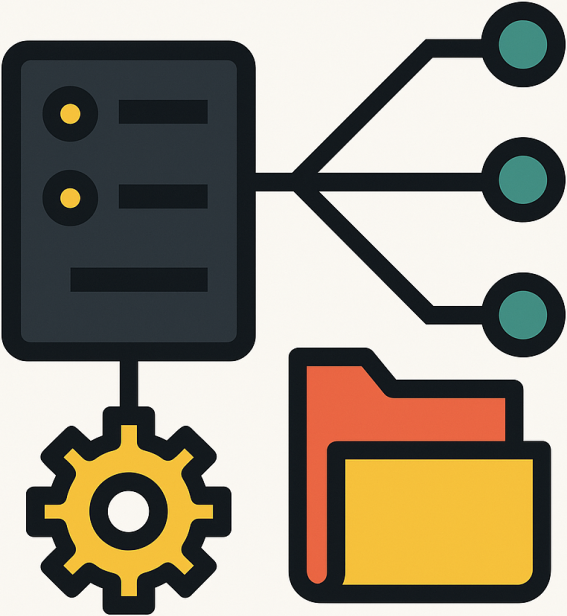
Web API Server
You can launch the cli as a Web API server to serve scripts as REST endpoints. The server is OpenAPI 3.1 compatible and uses fastify under the hood.
genaiscript webapiScripts as REST endpoints
Section titled “Scripts as REST endpoints”The Web API server exposes scripts as REST endpoints. It uses the title, description, groups and tags to generate a OpenAPI 3.1 specification and server using fastify.
The OpenAPI endpoint parameters is inferred from the script parameters and files automatically.
The OpenAPI parameters will then populate the env.vars object in the script
as usual.
The OpenAPI endpoint output is the script output. That is, typically, the last assistant message for a script that uses the top-level context. The OpenAPI endpoint output corresponds to the script’s output, typically the last assistant message or any content passed to env.output.
Let’s see an example. Here is a script task.genai.mjs that takes a task parameter input, builds a prompt
and the LLM output is sent back.
script({ description: "You MUST provide a description!", parameters: { task: { type: "string", description: "The task to perform", required: true } }})
const { task } = env.vars // extract the task parameter
... // genaiscript logic$`... prompt ... ${task}` // output the resultA more advanced script might not use the top-level context and instead use the env.output to pass the result.
script({ description: "You should provide a description!", accept: "none", // this script does not use 'env.files' parameters: { task: { type: "string", description: "The task to perform", required: true } }})
const { output } = env // store the output builderconst { task } = env.vars // extract the task parameter
... // genaiscript logic with inline promptsconst res = runPrompt(_ => `... prompt ... ${task}`) // run some inner the prompt...
// build the outputoutput.fence(`The result is ${res.text}`)The default route is /api and the OpenAPI specification is available at /api/docs/json.
You can change the route using the --route option.
genaiscript webapi --route /genaiThe OpenAPI specification will be available at /genai/docs/json.
You can also change the port using the --port option.
genaiscript webapi --route /genai --port 4000The server will be available at http://localhost:4000/genai.
Startup script
Section titled “Startup script”You can specify a startup script id in the command line using the --startup option.
It will run after the server is started.
genaiscript openapi --startup load-resourcesYou can use this script to load resources or do any other setup you need.
Filtering scripts
Section titled “Filtering scripts”If you need to filter out which scripts are exposed as OpenAPI endpoints, you can use the --groups flag and
set the openapi group in your scripts.
script({ group: "openapi",})genaiscript openapi --groups openapiRunning scripts from a remote repository
Section titled “Running scripts from a remote repository”You can use the --remote option to load scripts from a remote repository.
GenAIScript will do a shallow clone of the repository and run the script from the clone folder.
npx --yes genaiscript openapi --remote https://github.com/...There are additional flags to how the repository is cloned:
--remote-branch <branch>: The branch to clone from the remote repository.--remote-force: Force the clone even if the cloned folder already exists.--remote-install: Install dependencies after cloning the repository.
Linting
Section titled “Linting”You can run spectral to lint your OpenAPI specifications.
- save this
.spectral.yamlfile in the root of your project:
extends: "spectral:oas"- launch the api server
- run the spectral linter
npx --yes -p @stoplight/spectral-cli spectral lint http://localhost:3000/api/docs/json